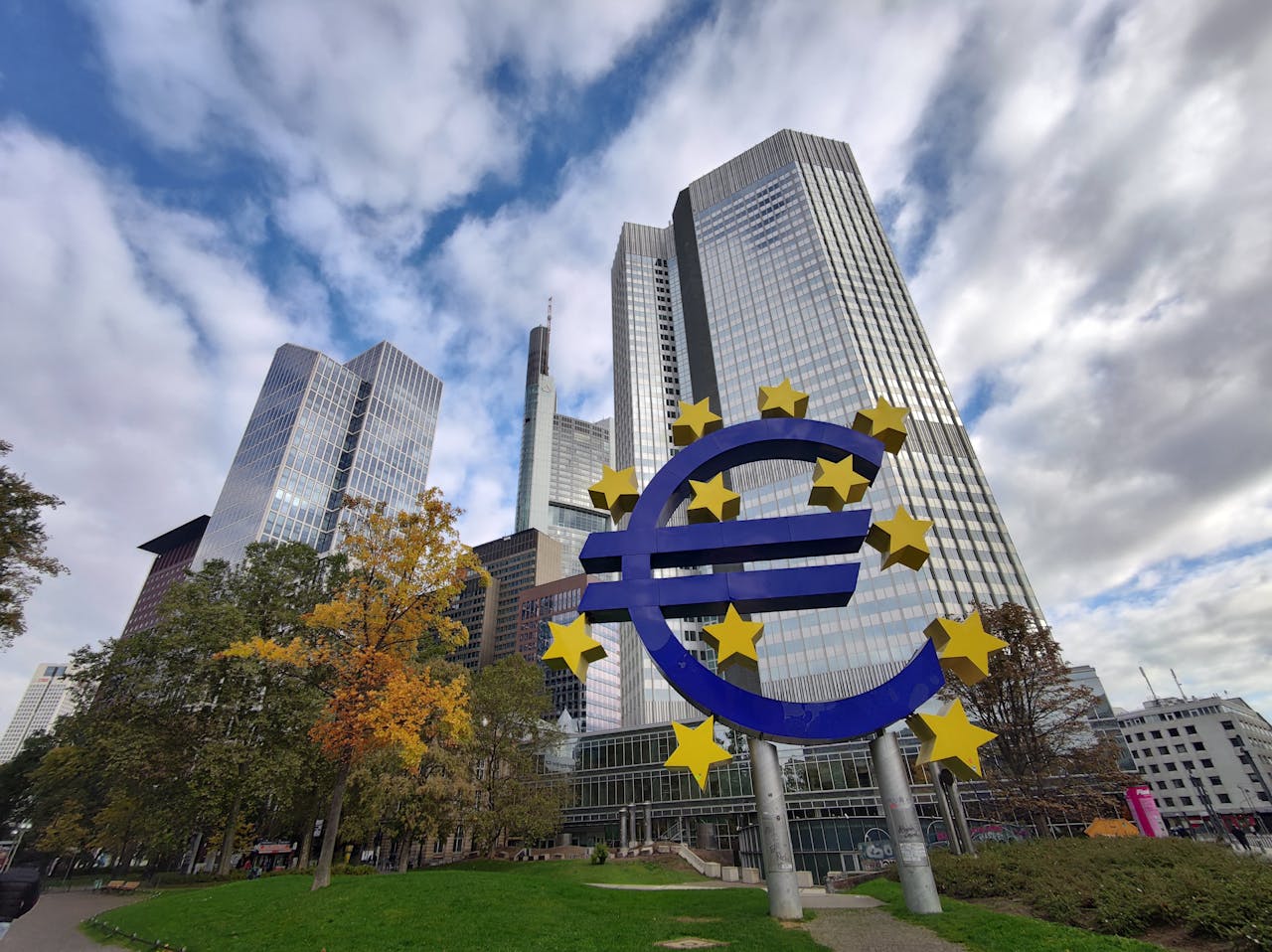
The forecast shows rising employment, rising wages, and falling inflation in the coming years.Continue reading

The European Bank for Reconstruction and Development (EBRD) presented its latest regional forecast, projecting an acceleration in economic growth across Europe’s emerging markets despite global geopolitical tensions.
According to articles published in Magyar Nemzet and Világgazdaság, Hungary’s economic growth is expected to match the average of EU economies in Central Europe and the Baltic states this year and surpass it next year.
The EBRD forecasts GDP growth rates of 2.2 percent in 2024, and 3.1 percent in 2025, for the nine EU economies in Central Europe and the Baltic region.
It highlights significant progress in these economies over the past two decades, largely attributed to EU membership. The decline in global prices for natural resources has contributed to lower inflation across the EBRD’s operational area.
The European Commission is also forecasting positive economic changes. In Hungary, it predicts steady economic growth despite a contraction in GDP in 2023. Economic activity rebounded in the first quarter of 2024, with an estimated 0.8 percent expansion. High consumption levels are expected to be driven by robust growth in real incomes, supported by a flexible labor market and above-inflation increases in pensions and minimum wages.
However, according to the European Commission, fiscal consolidation efforts and overcapacity in commercial real estate may restrain investment in 2024, with a rebound expected in 2025.
Exports in Hungary are forecasted to benefit from a recovery in global demand and ongoing foreign investment, while rising domestic demand may lead to an increase in imports, resulting in a deficit in the current account balance. As stated by both entities, despite an increase in the unemployment rate in the first quarter of 2024, the labor market remains tight, with real wages expected to rise dynamically.
Inflationary pressures are likely to persist due to high wage growth and stronger consumer demand.
Overall, the European Commission expects a decrease in inflation from 17 percent in 2023, to 4.1 percent this year and 3.7 percent in 2025. However, uncertainties remain regarding the economic outlook, including the impact of fiscal consolidation efforts and potential changes in private consumption and minimum wages.
The stronger-than-expected GDP data, provided both by the EBRD and the European Commission for the first quarter of 2024, has surprised domestic analysts, who anticipated less growth. The favorable indicators may be attributed mainly to an accelerating recovery in domestic consumption and investment.
Via Magyar Nemzet, Világgazdaság; Featured Image: Pexels